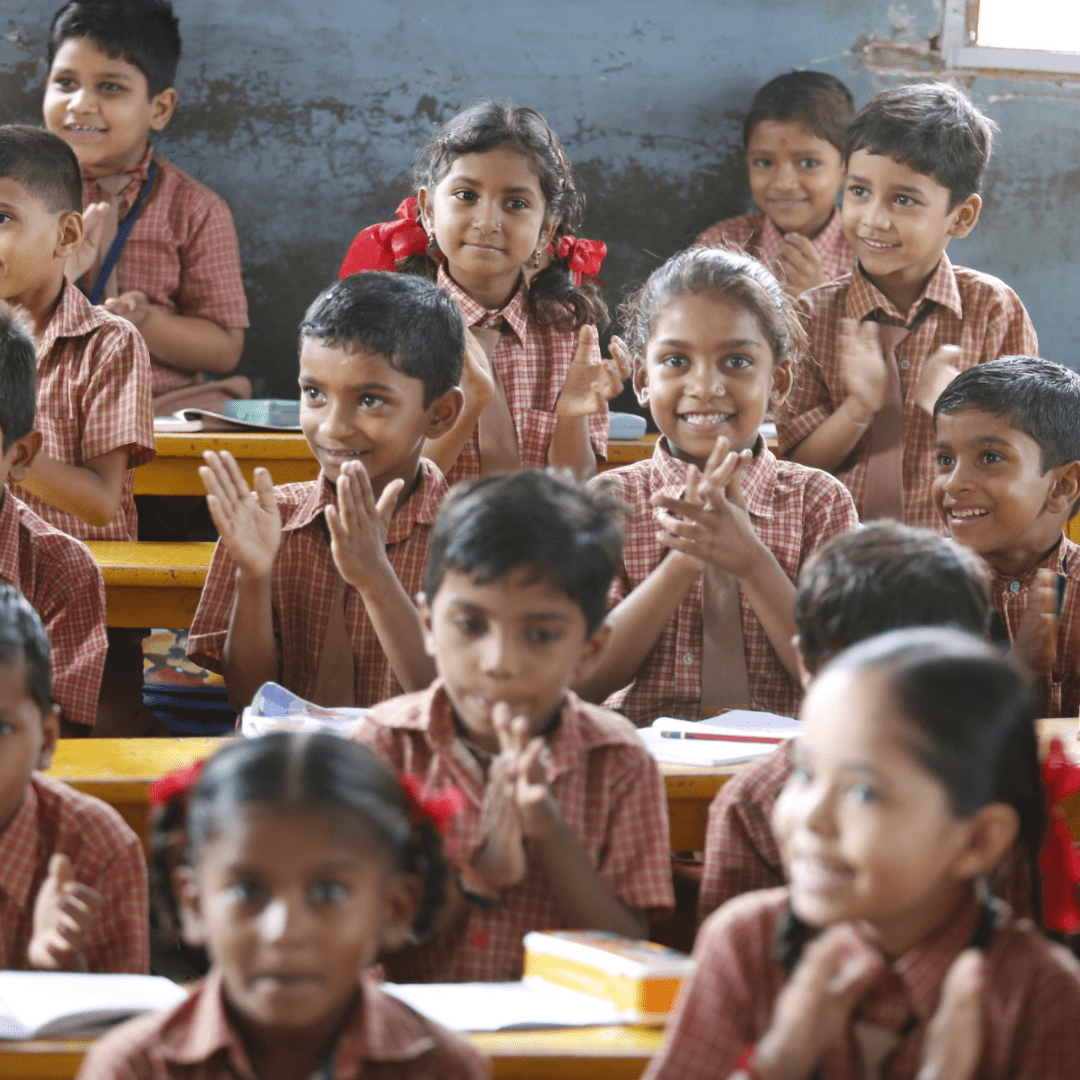Introduction:
The phrase “key to unlocking a brighter future” is used frequently. Being able to acquire a high-quality education is crucial for individual development, economic advancement, and societal advancement in the knowledge-based society of today. However, educational possibilities continue to be elusive for many girls who reside in rural areas. Fortunately, non-governmental organisations (NGOs) from all over the world have led the charge in supporting initiatives for girls’ education. We will examine the crucial role NGOs play in expanding girls education programs, as well as how these programs are changing the futures of young girls in rural communities.
The Importance of Girls Education:
Education for girls is a powerful force for good and more than just a basic human right. Girls who have more education are able to make better decisions about their lives, health, and well-being. They have a higher propensity to put off getting married, have fewer kids, and break the cycle of poverty. Additionally, an educated girl can make a big contribution to her society and country, supporting general development.
Nevertheless, millions of girls in rural areas face significant obstacles to enrollment and retention in school, despite the many advantages of education. A few of the challenges to girls’ education include poverty, cultural standards, child labour, and poor infrastructure. Thankfully, NGOs have started girls education programs to close the gap after realising how urgent it is to address these issues. NGOs are effective champions for girls education, bringing attention to its significance on both a local and global level. They put forth a lot of effort to alter society perceptions and dispel misconceptions that prevent girls from obtaining an education
NGOs and Girls Education Programs:
Non-Governmental Organisations have been instrumental in advancing girls education programs in several ways. Some of the ways are listed below:
i) Financial Assistance: Numerous NGOs offer school supplies, financial aid, and scholarships to girls in need. Families in rural areas may now afford to send their daughters to school more easily because of these resources.
ii) Infrastructure Development: NGOs invest in building and renovating schools, particularly in underserved rural areas. They understand that proper infrastructure is essential for creating safe and conducive learning environments for girls.
iii) Teacher Training: To ensure the quality of education, NGOs often offer training programs for teachers, equipping them with the necessary skills to provide effective instruction to girls.
iv) Community Engagement: NGOs actively involve communities in their efforts. They work alongside parents and community leaders to emphasise the benefits of girls’ education, breaking down resistance and traditional barriers.
v) Health and Hygiene Programs: Many girls education programs include components related to health and hygiene, recognizing that these factors can significantly affect a girl’s ability to attend school regularly.
Changing Lives in Rural Areas Through Girls Education Programs:
Girls education programs have been transformative in rural areas, bringing about positive changes in various aspects of girls lives:
i) Breaking the Cycle of Poverty: Education gives girls the knowledge and skills necessary to secure better work possibilities in the future, breaking the cycle of poverty. As they become self-sufficient, they can help their families and communities escape poverty.
ii) Health and Well-Being: Education gives females the power to make informed decisions about their diet, personal cleanliness, and health. They have better information at their disposal to make wise decisions about their health and wellbeing, which benefits both them and their families’ quality of life.
iii) Empowerment: Education gives girls the self-assurance they need to pursue their goals and question social norms. Girls with higher levels of education are more likely to take part in family and community decision-making.
iv) Reducing Early Pregnancy and Child Marriage: Girls who remain in school are less likely to be married off at a young age. They become leaders, entrepreneurs, and change-makers.
v) Gender Equality: Girls education programs contribute significantly to the advancement of gender equality. They challenge and change traditional gender roles and expectations, creating a more inclusive and equitable society.
Conclusion:
Numerous girls in remote areas are having their lives changed by girls education development programs that are supported by devoted NGOs. These programs emphasise empowerment, gender equality, and social change in addition to information acquisition. We become one step closer to a world where every girl, regardless of background, has the chance to realise her full potential and create her own future as we continue to promote and invest in girls education. We are constructing a better future for entire communities and societies by supporting girls education programs. It is a cause worth supporting and one that will determine how our globe develops in the years to come.

As the editor of the blog, She curate insightful content that sparks curiosity and fosters learning. With a passion for storytelling and a keen eye for detail, she strive to bring diverse perspectives and engaging narratives to readers, ensuring every piece informs, inspires, and enriches.










